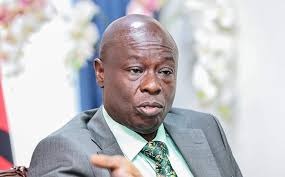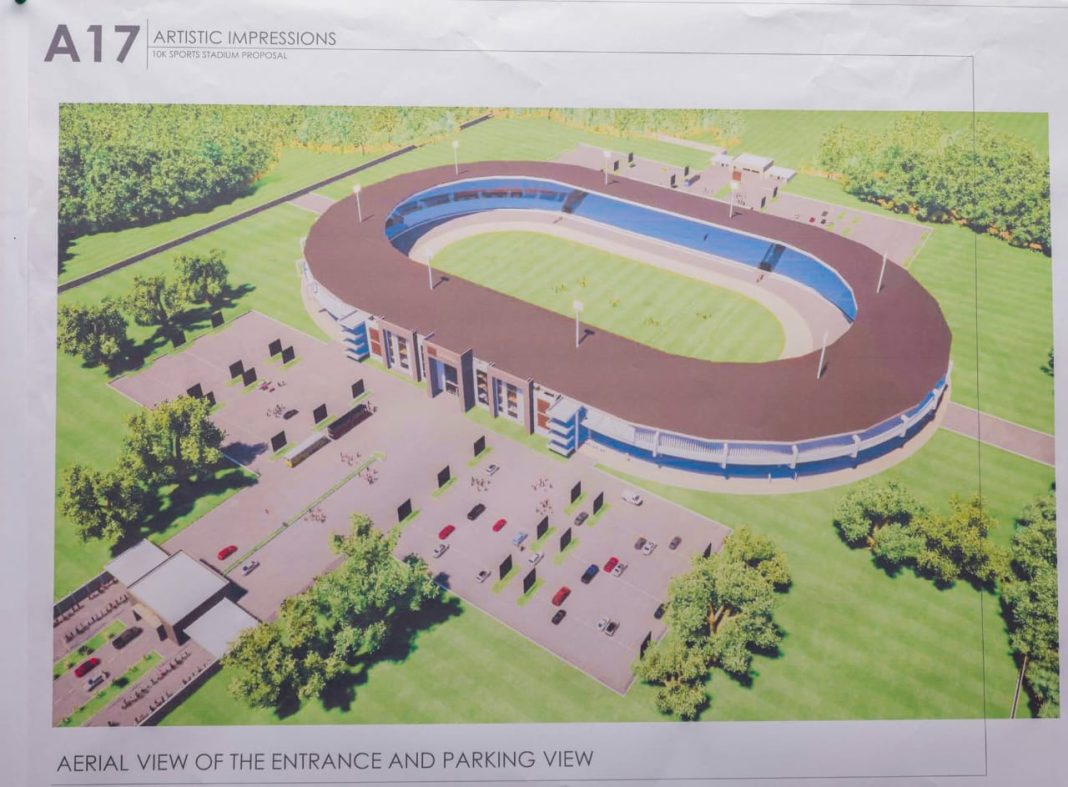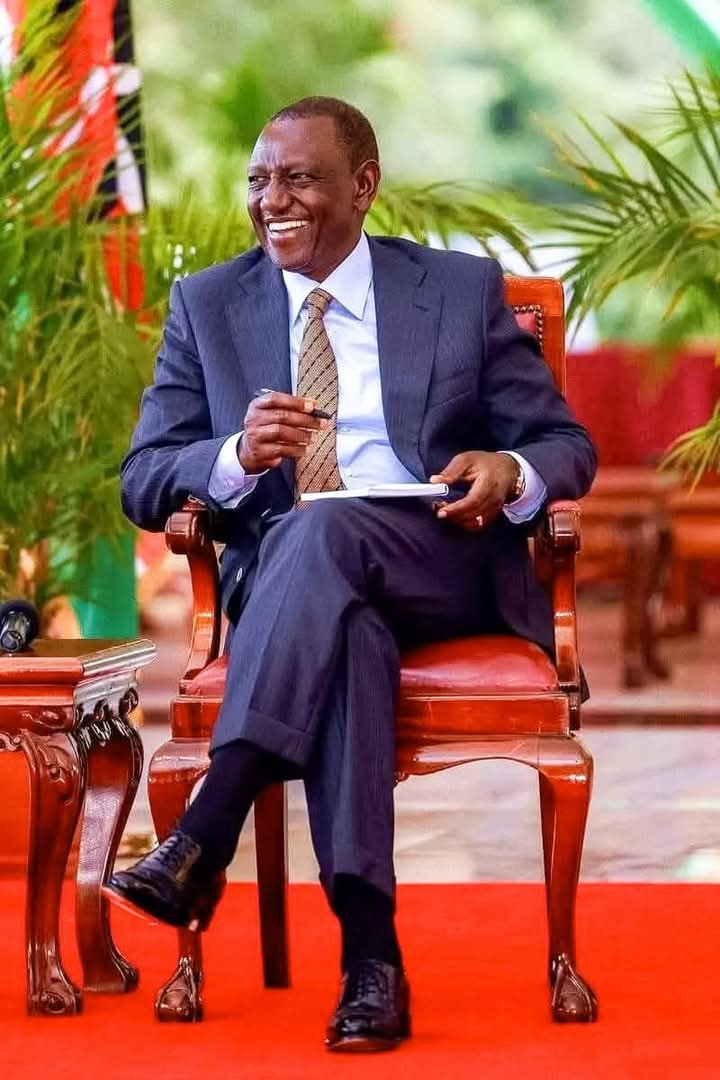By Remmy Butta
Former Deputy President Rigathi Gachagua’s continued public pronouncements, fueled by a bitter fallout with President William Ruto, are increasingly raising alarm.
Gachagua’s strategy, born from palpable anger and resentment, may involve dangerously playing the ethnic card, specifically aiming to incite the Kikuyu community against the Kalenjin, risking the reopening of wounds barely healed since the 2007/08 post-election violence.
A Man Seething, A Mission Unfolding?
Gachagua’s dramatic fall from grace – becoming the first sitting Deputy President in Kenya’s history to be impeached – has left him politically isolated and visibly aggrieved.
His attacks on President Ruto, his former boss and ally, have escalated from policy disagreements to intensely personal and tribal rhetoric.
His combative history is noted; this is a leader who previously turned against his one-time ally, former President Uhuru Kenyatta.
Now, targeted at Ruto, his actions suggest a man driven by a singular, personal mission, one that prioritizes vengeance over national stability.
The Dangerous Card: Kikuyu vs. Kalenjin?
The most chilling aspect emerging from Gachagua’s narrative, particularly highlighted in his press conference before leaving the country, is the perceived attempt to frame current national challenges through a purely Kikuyu lens of victimhood allegedly orchestrated by a Kalenjin presidency.
By repeatedly emphasizing perceived marginalization of the Mt. Kenya region and invoking historical injustices, Gachagua is deliberately crafting a narrative designed to stoke resentment among the Kikuyu populace.
This tactic strikes at the heart of Kenya’s most painful recent history.
The 2007/08 post-election crisis, primarily pitting Kikuyus against Kalenjins and other communities, resulted in over 1,000 deaths and hundreds of thousands displaced.
The specter of that violence, and the ICC cases that followed (including President Ruto’s, which were eventually terminated due to witness interference and lack of evidence), remains a potent and dangerous memory.
Gachagua’s rhetoric is a deliberate, cynical ploy to resurrect these tribal animosities for political gain.
“Kenya Will Not Burn” – But Concerns Mount.
While Gachagua may couch his language in terms of “fighting for his community,” the subtext and the inflammatory nature of his accusations are causing deep unease.
The implied threat – that the unresolved tensions he claims to highlight could boil over – is unmistakable.
His focus on the shelved ICC cases in the context of current grievances is seen by many as a particularly reckless attempt to link past trauma to present politics.
Kenya has worked hard to rebuild since 2008.
The 2010 Constitution, devolution, and concerted efforts towards national healing, however imperfect, represent significant strides.
Gachagua’s strategy, if it indeed involves weaponizing ethnicity as alleged, poses a direct threat to this fragile progress.
A Nation and World on Alert
The Kenyan nation has every right to be worried.
Political competition is healthy, but deliberately sowing division along ethnic lines for personal or factional advantage is a dangerous game with potentially catastrophic consequences.
The international community, which invested heavily in helping Kenya recover from 2008 and has a stake in the stability of this regional economic powerhouse, is also watching with heightened concern.
A return to large-scale ethnic violence in Kenya would have devastating regional repercussions.
Playing with Fire
Rigathi Gachagua’s current path appears increasingly defined by bitterness towards William Ruto.
The emerging fear is that his chosen weapon is the deliberate and dangerous exploitation of historical Kikuyu-Kalenjin tensions.
By invoking the ghosts of 2007/08 and framing complex national issues through a lens of tribal persecution, he risks igniting a fire that could consume far more than just his political ambitions. Kenyans across all communities have repeatedly declared, “Kenya will not burn.”
Upholding that resolve requires vigilance against rhetoric that seeks to divide, and a collective rejection of leaders who prioritize personal vendettas over the unity and peace of the nation.
Gachagua’s words and actions in the coming weeks will be scrutinized more closely than ever, as the nation hopes his hidden cards do not include the match that could light the tinderbox.
Kenya has been down this path before, and the cost was catastrophic.
The nation cannot afford a repeat.
It is imperative that all leaders, including Gachagua, exercise utmost responsibility, prioritize national unity over personal or factional interests, and unequivocally reject any rhetoric or action that threatens to reopen the healed wounds of the past.
The Kenyan people deserve peace and progress, not a descent into manipulated conflict fueled by the bitterness of a single individual.
Vigilance from civil society, the media, religious leaders, and the international community is crucial to ensure that Kenya’s hard-won stability is not sacrificed on the altar of one man’s political vendetta.




